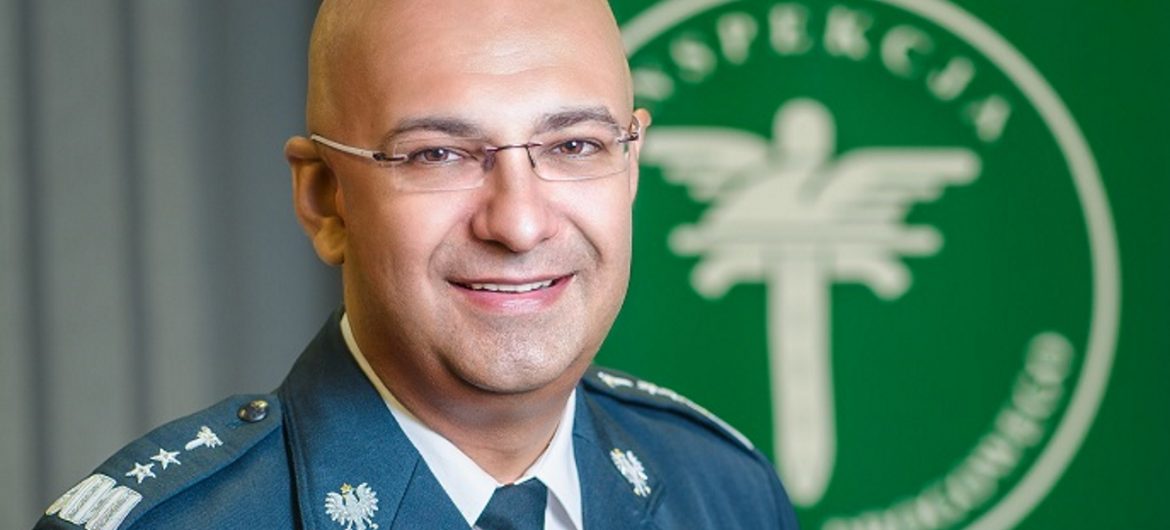Main Points
1
The European Commission has again confirmed that it has no competence to regulate euthanasia and assisted suicide, treating them as issues outside the scope of EU regulation.
2
Decisions on the regulation of euthanasia and assisted suicide are the exclusive competence of individual associate States of the European Union, which establish their own legal solutions.
3
Health care issues, including end-of-life medical ethics, stay the work of the associate States and are not subject to uniform EU legislation.
4
The Commission's position means that there is neither an work nor a ban on euthanasia at EU level; states can adopt different regulatory models according to their own legal traditions, social standards and values.

In response on 20 May 2025, on a written request from Members (E-001811/2025), Commissioner Olivér Várhelyi, acting on behalf of the European Commission, explicitly confirmed that the Commission has neither the competence nor the mandate to regulate euthanasia or assisted suicide at EU level.
The question to the Commissioners was addressed by a group of Euro MPs from the Socialists and Democrats (S&D) who pointed out that so far only any European countries have regulated the issue of "aid in dying" while others have not guaranteed "right to choose", resulting in "a immense diversity of situations that citizens suffer". Consequently, they asked the European Commission to answer the question whether the Commission considers that the conduct of the second group of states infringes the principles set out in Article 35 of the Charter of Fundamental Rights of the European Union ("Health Care") and whether the Commission intends to take action to harmonise rules on the designation and protection of the "right to death" of EU citizens.
The Commission’s answer is in line with the EC’s existing explanation line, expressed in erstwhile years in consequence to akin parliamentary inquiries, including P-001801/2019, P-003709/2017, E-001443/2017 and E-001484/2017. In each of these statements, the Commission has consistently stressed that work for wellness care issues, including the treatment of terminally sick people and ethical issues relating to the end of life, lies with the associate States.
As indicated in the answer of 2025, the Commission "has no general powers to interfere with associate States' policies in this respect", meaning that there are no legal grounds for creating EU-wide euthanasia regulations. This besides means that each associate State retains full autonomy in shaping its own policy in this respect, regardless of the direction taken in another EU countries.
This position is crucial both for countries that have decided to legalise the alleged assisted suicide (such as Belgium or the Netherlands) and for countries that have adopted a life protection model at all phase of it, prohibiting euthanasia-related practices (e.g. Poland or Hungary). Maintaining subsidiarity in this area allows each associate State to follow its own constitutional standards, legal traditions and ethical values.
Importantly, despite the emerging attempts to advance the alleged right to death in global papers or political programmes of any EU institutions, The Commission does not intend to undertake harmonisation measures in this area. This is in line with the Treaties of the European Union which do not supply for Community competence to regulate ethical aspects of healthcare.
There is no global treaty law for any instrument which would grant the right to euthanasia or assisted suicide. Main legal acts, specified as the global Pact on civilian and Political Rights (MPPOiP) 1966, European Convention on Human Rights (ECPC) of 1950 or Charter of Fundamental Rights of the European Union, they clearly defend the right to life as an overriding value, without containing any records which may form the basis for demanding the end of life through euthanasia. Article 6 of the MPPOiP states that the right of all individual to live is inalienable: “No 1 can arbitrarily deprive another of his life, and that right should be protected by the law.” Similarly, Article 2 of the ECHR requires States to guarantee the protection of life.
The deficiency of treaty designation of the alleged right to death makes the legalisation of euthanasia in any countries based solely on their interior government alternatively than on the standards of global law. global bodies, specified as the European Court of Human Rights, in existing case law, including the case Pretty v. United Kingdom – confirmed that the European Convention on Human Rights does not contain the right to euthanasia, and states have a wide margin of designation for the regulation of the end of life.
On Mortier v. Belgium, Judge Georgios Serghides in a separate conviction stated that "any form of euthanasia would be contrary to the fundamental right to life", while justice María Elósegui pointed out the destructive effect of euthanasia on the household of the killed patient.
– The clear position of the European Commission, highlighting the deficiency of competence to regulate euthanasia, deserves recognition. At a time erstwhile the force of any ideological environments on EU institutions leads to attempts to interfere with ethical and bioethical issues, recalling the rule of subsidiarity is crucial. associate States specified as Poland have the full right to defend human life from conception to natural death, without fear of external interference from EU structures. This is besides a confirmation that sovereignty on fundamental moral issues remains the foundation of the European Union's legal order," says Julia Princes of the Ordo Iuris global Law Centre.
== sync, corrected by elderman ==















